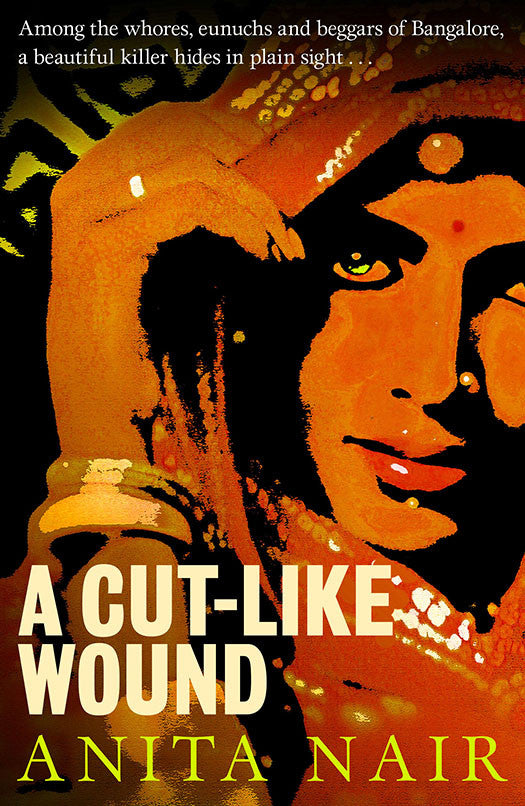ANITA NAIR, LOCKDOWN Q&A, April 2020

How are these surreal days influencing your normal writing process?
I have been working from home for almost two decades now, so I have had plenty of time to get used to the situation. However, the challenge now is to work in a home bustling with noise and activity. So I find myself having to eke time out of my writing to do my share of household chores. The first ten days were a long haul. Now I think the Stockholm Syndrome has kicked in and I have a routine of sorts. And I discover that I am writing much longer hours than I ever used to.
What are the little things that are getting you through this extraordinary time?
My not so little dogs and plants; classical music and cooking. And lollipops. They fill my day up with a visceral sense of joy
If you had to isolate yourself with one other writer, who would it be and why?
Vladimir Nabokov. Poet, storyteller, translator and entomologist. [As long as he can make his own bed and share the household chores with me]
To be isolated with a writer who can't see or think beyond his own stories would be tedious. But someone like Nabokov with his varied interests would make a good housemate. I imagine us sitting across a table, sharing a meal that he helped cook, talking about love and human fallibility, characters and stories, politics and politicians, Vera and the butterflies.
Do you have any local stories of kindness or good deeds that you can share?
My amanuensis and friend Abdullah Memon rode across Bangalore to bring me prescription eye drops which wasn't available in my part of town. On his way home, he stopped at a supermarket that was open and bought 24 bottles of water, 24 apples and 24 oranges and dropped off the water and fruit to 24 homeless people. These are people who would wait outside a church near his home and now that there are no services, they have no one to give them alms or feed them.
What are you currently reading for pleasure?
The Chestnut Man by Soren Sveistrup
Clair De Lune by Pierre La Mure
The Hidden Life of Trees by Peter Wohlleben

